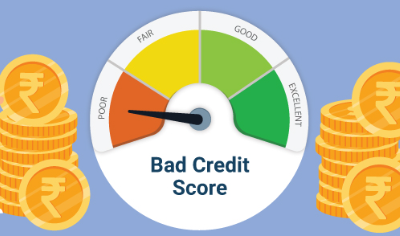Embracing a sustainable lifestyle doesn’t have to break the bank. In fact, there are numerous eco-friendly practices that not only contribute to a healthier planet but also help you save money. This guide explores sustainable living on a budget, providing practical tips to make environmentally conscious choices without compromising your financial well-being.
1. Reduce, Reuse, Recycle: The Golden Trio
Cost-Saving Benefits:
- Less Consumption: Reducing your consumption of single-use items naturally leads to cost savings.
- Reuse Household Items: Give new life to old items instead of purchasing replacements.
- Recycle Responsibly: Participate in recycling programs to minimize waste and potentially earn cash from recyclables.
2. DIY Cleaning Products
Cost-Saving Benefits:
- Affordable Ingredients: Basic household items like vinegar, baking soda, and lemon can replace costly commercial cleaners.
- Bulk Purchases: Buying ingredients in bulk reduces packaging waste and saves money in the long run.

3. Energy-Efficient Practices at Home
Cost-Saving Benefits:
- Lower Utility Bills: Switch to LED bulbs, unplug electronics when not in use, and use energy-efficient appliances to reduce electricity costs.
- Home Insulation: Properly insulate your home to conserve energy and cut heating and cooling expenses.
4. Eco-Friendly Transportation Choices
Cost-Saving Benefits:
- Public Transportation: Opt for public transportation or carpooling to save on fuel costs.
- Biking or Walking: Choose eco-friendly modes of transportation, which also contribute to improved health and well-being.
5. Sustainable Grocery Shopping
Cost-Saving Benefits:
- Meal Planning: Plan meals to avoid unnecessary purchases and food waste.
- Buy in Bulk: Purchase non-perishable items in bulk to reduce packaging and save money in the long term.
6. Thrifting and Secondhand Shopping
Cost-Saving Benefits:
- Budget-Friendly Fashion: Thrift stores offer affordable, stylish clothing options.
- Furniture and Home Goods: Find unique and inexpensive items for your home while promoting reuse.
7. Minimalist Living
Cost-Saving Benefits:
- Conscious Consumption: Adopt a minimalist lifestyle to focus on essential items, reducing unnecessary spending.
- Decluttering for Cash: Sell items you no longer need to make extra money.
8. Grow Your Own Food
Cost-Saving Benefits:
- Fresh Produce at Low Cost: Growing your own fruits and vegetables can save money on grocery bills.
- Educational Value: Gardening also provides valuable lessons in self-sufficiency.
9. Community Engagement and Bartering
Cost-Saving Benefits:
- Community Gardens: Participate in community gardens to share resources and grow food collectively.
- Bartering Services: Exchange skills or services with neighbors, fostering a sense of community and reducing costs.
Conclusion
Sustainable living on a budget is not only achievable but also beneficial for both your wallet and the environment. By incorporating these eco-friendly, money-saving tips into your daily life, you contribute to a more sustainable future while enjoying the financial rewards of conscious living.





